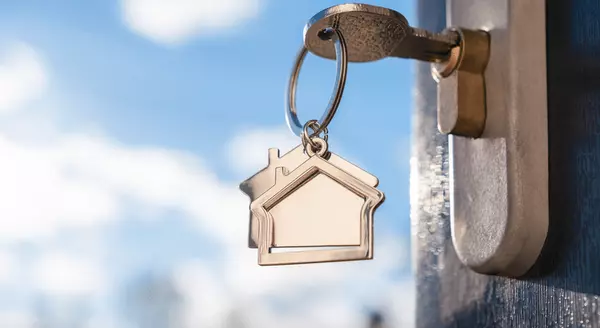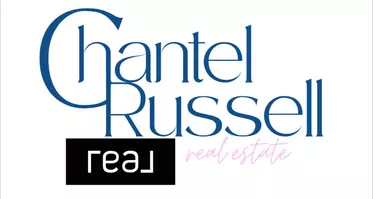
Happy New Year
Happy New Year! Fresh starts, new goals, and a housing market that's a little more predictable! If you’re reading this, welcome to 2026. Whether you’re dreaming about a new home, planning a move to Austin, Texas, or just trying to decide if this is the year to do something different, you’re not alon

Who’s the Best Realtor in Buda TX? How to Choose the Right Agent
Who’s the Best Realtor in Buda, Texas? Here’s How to Choose the Right One for You Let’s be real: Searching for the best realtor in Buda can feel like hunting for the perfect queso recipe, everyone claims to have it, but only a few truly deliver. Whether you're buying your first home, selling and upg

Is the Housing Market Going To Crash? Here’s What Experts Say
If you’ve seen headlines or social posts calling for a housing crash, it’s easy to wonder if home values are about to take a hit. But here’s the simple truth.The data doesn’t point to a crash. It points to slow, continued growth.And sure, it’s going to vary by local area. Some markets will see price

The $280 Shift in Affordability Every Homebuyer Should Know
If you paused your plans to move because of high rates or prices, it may finally be time to take a second look at your numbers. Affordability is improving in 39 of the top 50 markets, according to First American. And that’s the 5th straight month where buying a home has started to get a little bit e
Categories
Recent Posts










